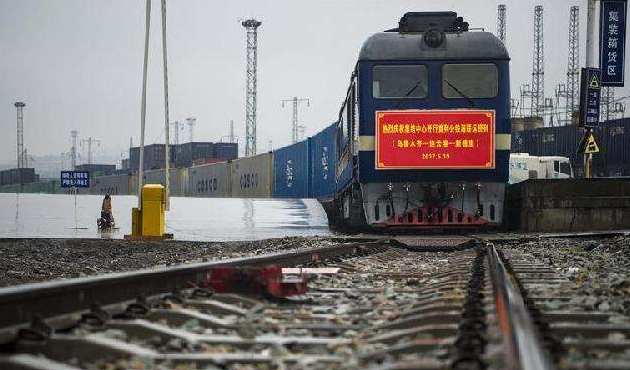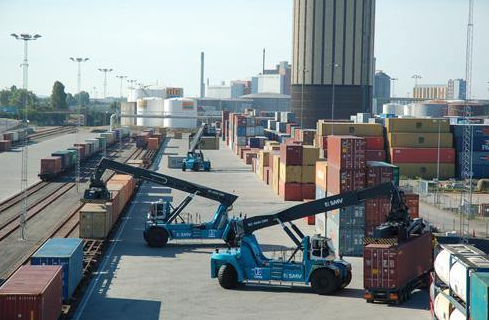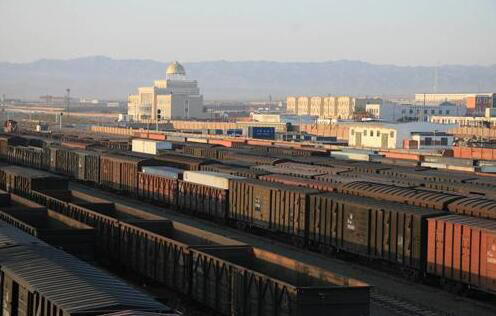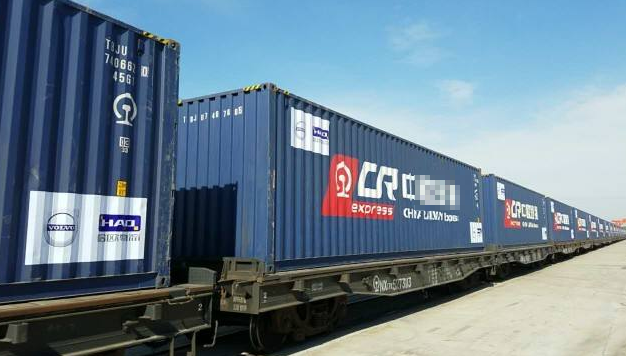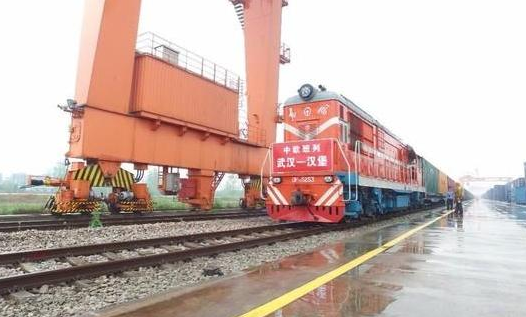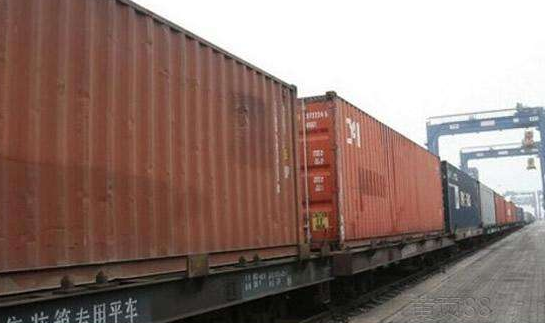Railway transportation 008
(1) Baggage tickets and parcel tickets are the basic vouchers for the transportation of baggage and parcels. (2) Passengers' own bedding, clothes, personal reading books, disabled cars and other travel necessities can be checked in as baggage. Passengers can check in baggage and disabled cars once and unlimited times with valid tickets within the travel area. Valuable items such as currency, securities, precious cultural relics, gold, silver, jewelry, archival materials, etc. and items prohibited by the state for restricted transportation and dangerous goods shall not be entrapped in baggage. (3) Package classification: first-class parcels: non-sale goods for central and provincial government publicity, news pictures and textbooks for primary and secondary school students within 5 days from the date of spontaneous arrival. Class II parcels: emergency and disaster relief materials, books and periodicals, fresh or frozen fish, meat, eggs, milk, fruits and vegetables. Consignment note Consignment note Three categories of parcels: Items that do not belong to the first, second, and fourth categories of parcels. Four categories of parcels: 1. Radioisotopes transported at the first level, sample boxes, and motorcycles. 2. Styrofoam plastics and their products; 3. Other items that require special transportation conditions as designated by the railway authority of the State Council. 4. The maximum weight of each piece of luggage and parcels is 50 kilograms. The volume is limited to be suitable for loading into a luggage cart, but the minimum shall not be less than 0.01 cubic meters. 5. Items that cannot be transported in parcels. (1) Corpses, bones, ashes, coffins, and items that are easy to contaminate and damage 2) Snakes, ferocious beasts and live animals over 20 kg each (except for police dogs and animals designated for transportation by transportation orders). (3) Dangerous goods, ammunition and chemical products of unknown nature of the carrier as stipulated in the regulations on the management of dangerous goods issued by the State Council and the competent railway department of the State Council.

